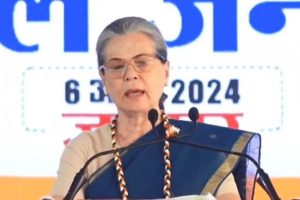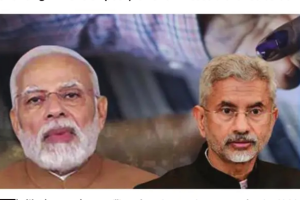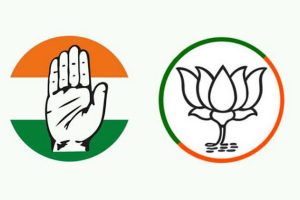Reports from Australia, from all accounts and despite its racist past a country favourably disposed towards India and a fellow member of the Quad alliance, that say the country’s universities are clamping down on student admissions from some Indian states ought to provoke introspection in New Delhi. An investigation by an Australian newspaper last month revealed that at least five universities had introduced restrictions, and stricter screening of students applying from specific states, with one, Perth’s Edith Cowan University, deciding to ban all applicants from Punjab and Haryana, and another, Victoria University in Melbourne, putting in place extra requirements to satisfy itself on the genuineness of applications from eight Indian states, mostly from the northern part of the country.
The institutions, and the Australian government, are concerned that many Indian applicants are making their way to distant shores with the intention of obtaining work visas, and that academic enrolment is only a ruse. In January last year, the Australian government had lifted a cap on the number of hours students could work in order to deal with workforce shortages that threatened to cripple the economy. This triggered a flood of applications from India, Nepal and Pakistan. And although a cap on the number of hours a student can work has been reintroduced, limiting employment to 24 hours a week, it is widely flouted. India sends nearly 15 per cent of the foreign students enrolled in Australian universities, and the stakes are high with the country’s education sector said to be valued at Australian $29 billion.
Yet the fear in Australia, as alleged by some, is that education has become part of an elaborate Ponzi scheme. While the onus on separating genuine students from those using student visas as a route to employment rests primarily on the universities and on Australian consular authorities, the presence of significant numbers of agents in India must rouse Indian authorities to action. At risk are those jobseekers whose investment in education could prove worthless, or who might be prone to exploitation by unscrupulous employers. Also to be considered is the mental health of individuals forced to work inhuman hours in Australia to meet the costs incurred on education and travel.
Thus, authorities in India, and especially in the affected states, would do well to regulate strictly the activities of agents. The other aspect of the story, of course, is that the lack of employment opportunities in several parts of India is forcing youth to seek pastures overseas that appear greener. The government, which is committed to skilling India, would do well to identify causes for such migration, and take curative measures.










